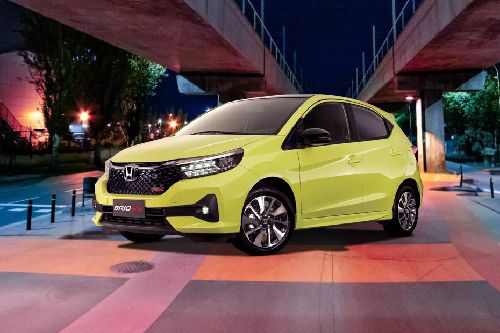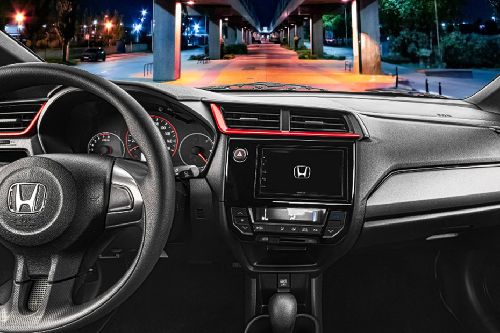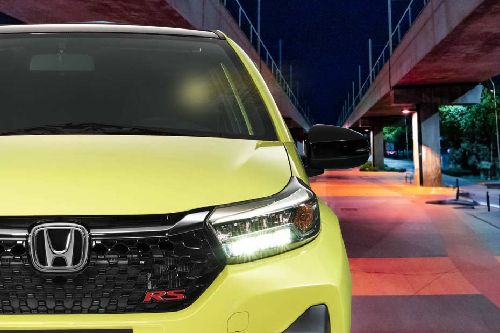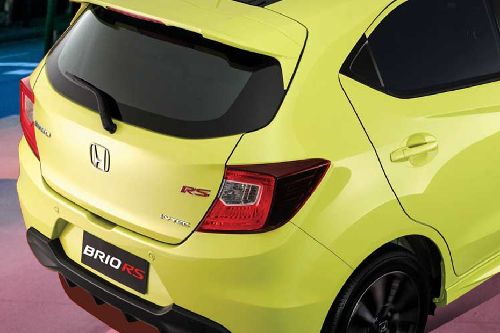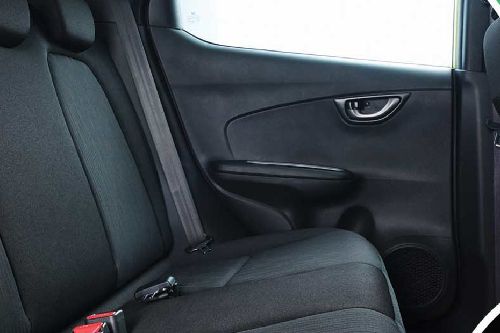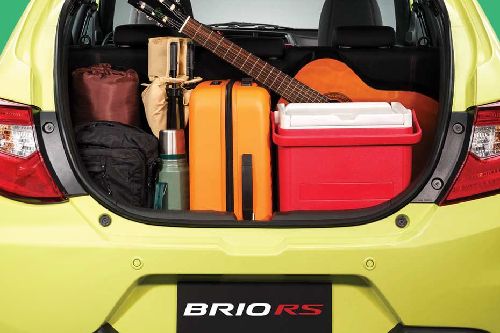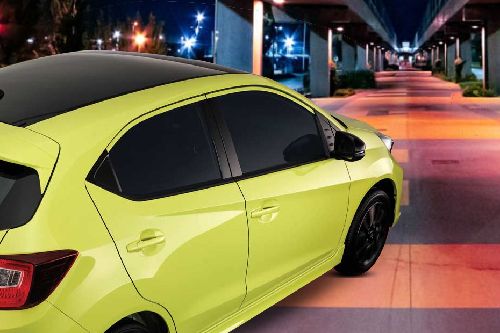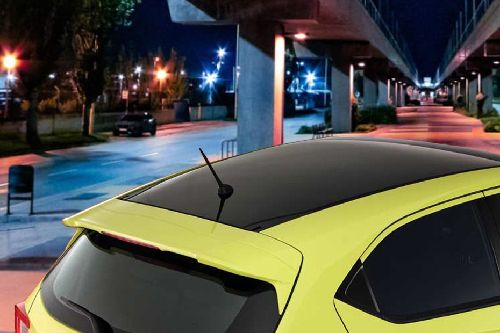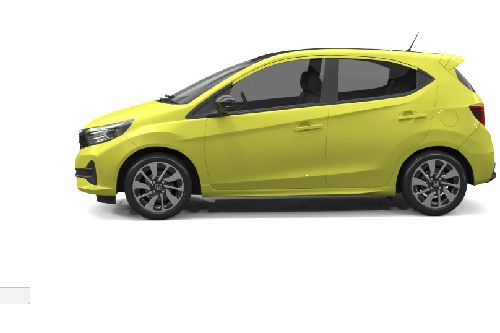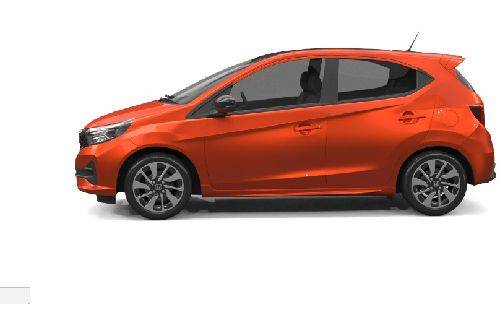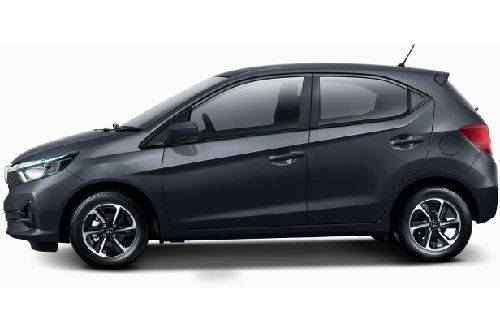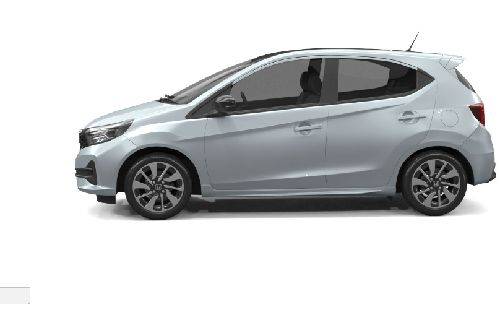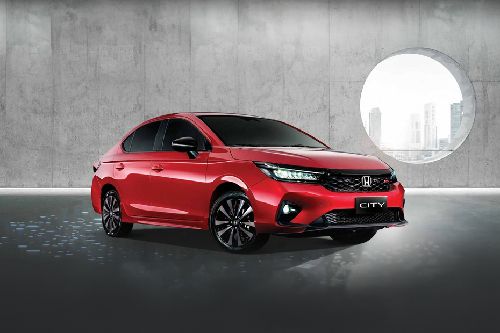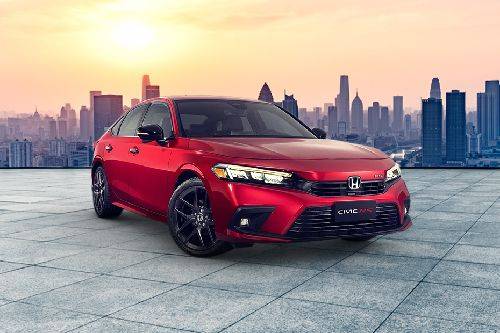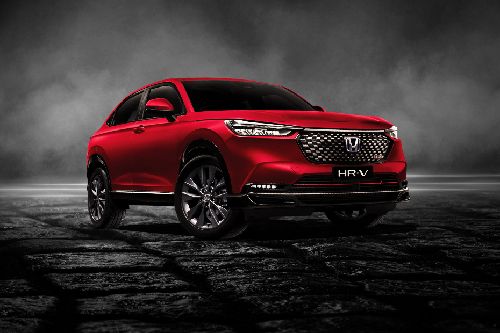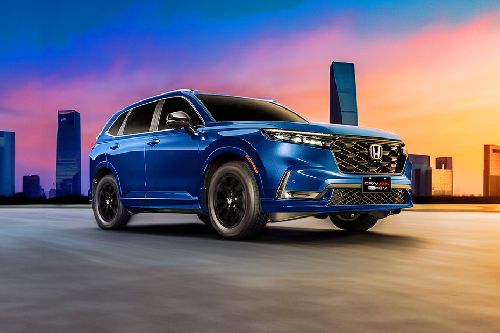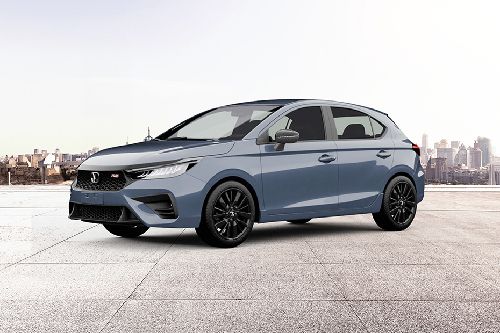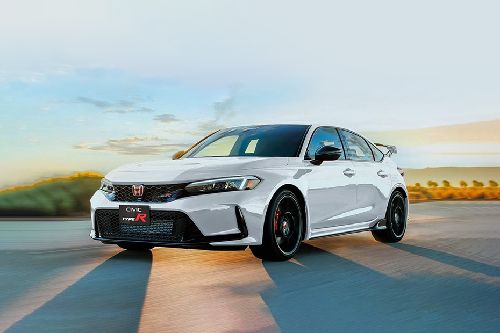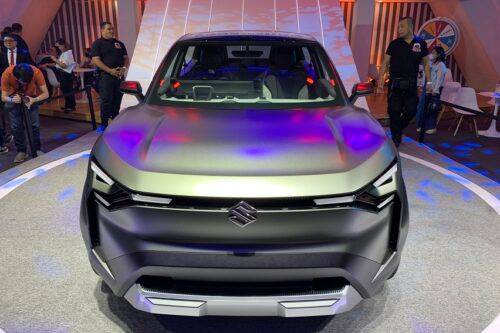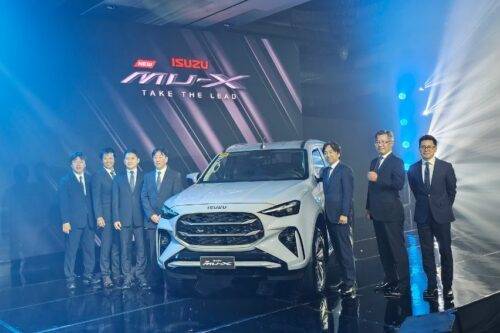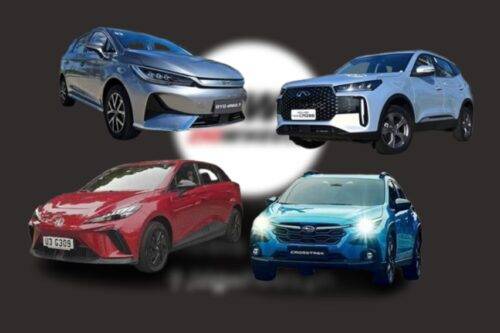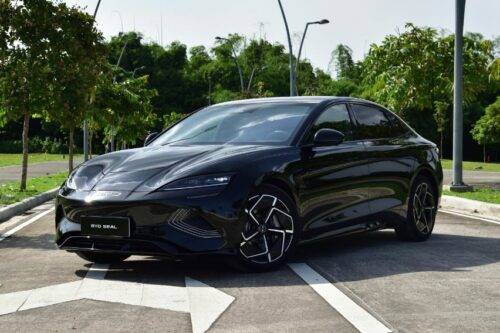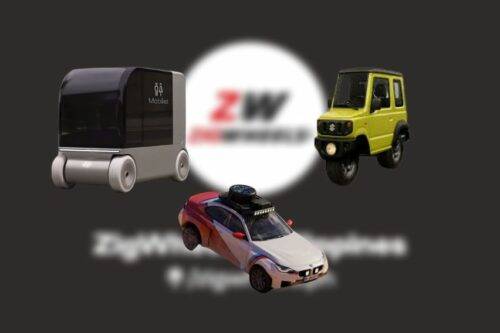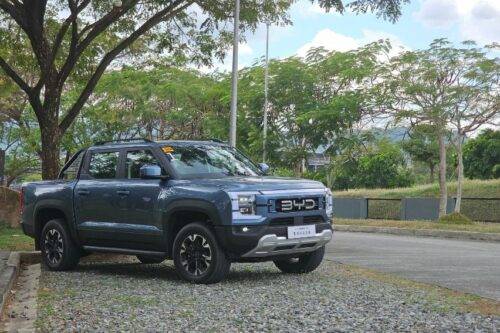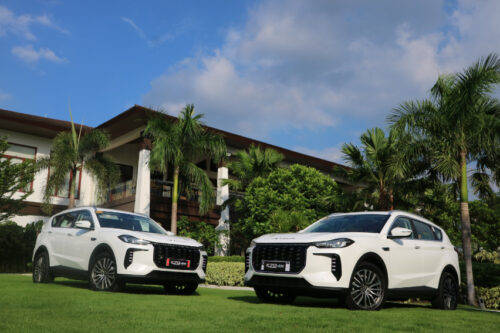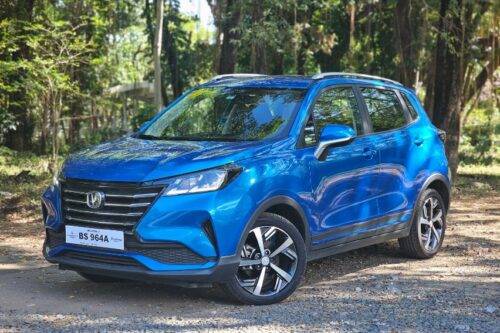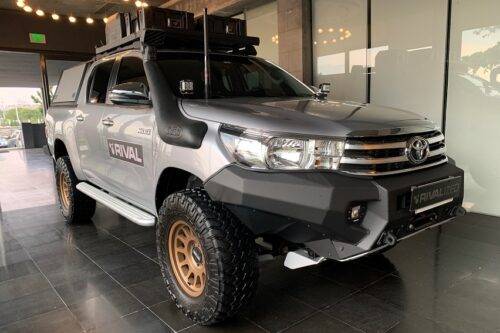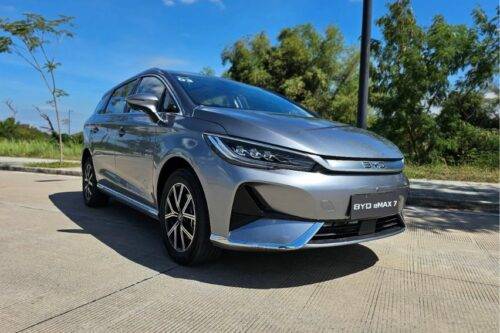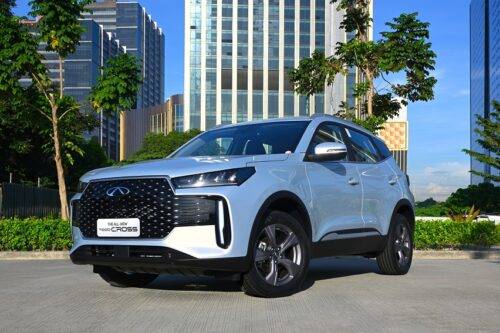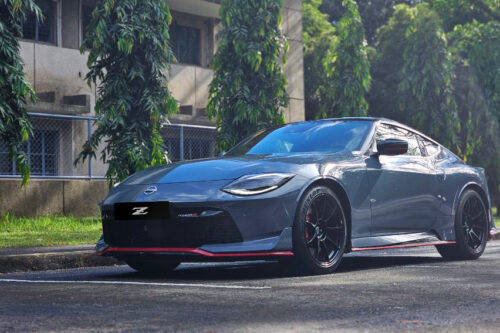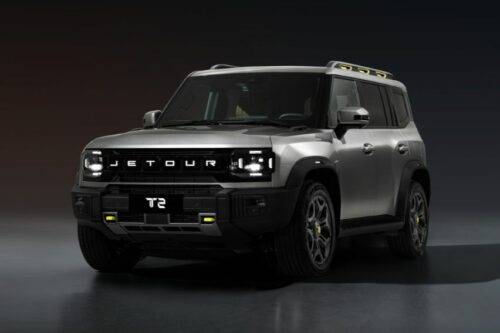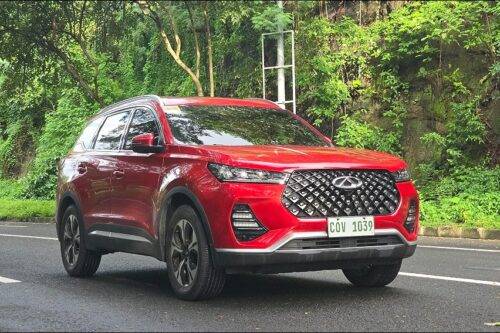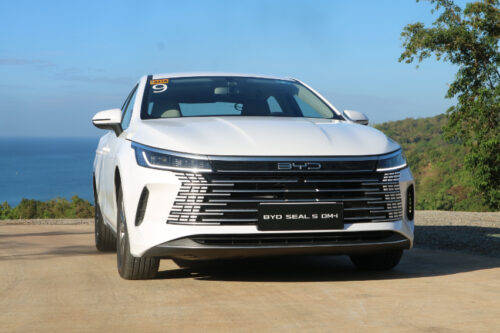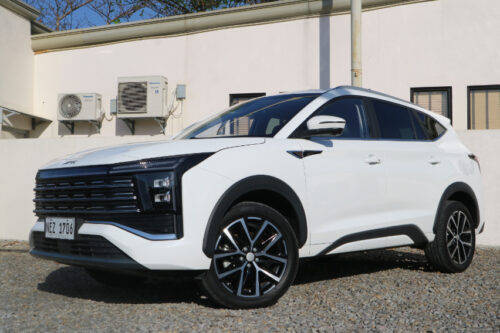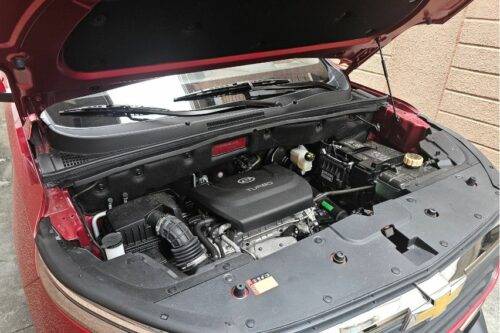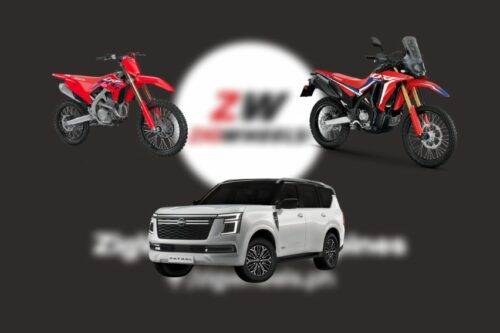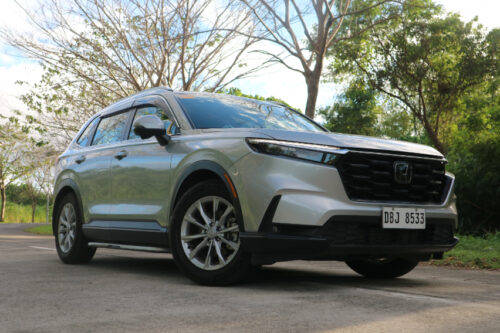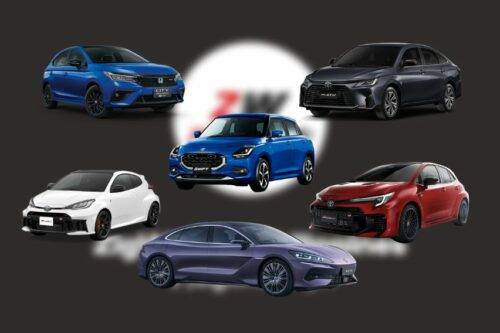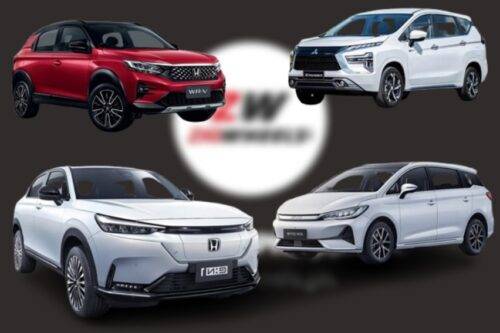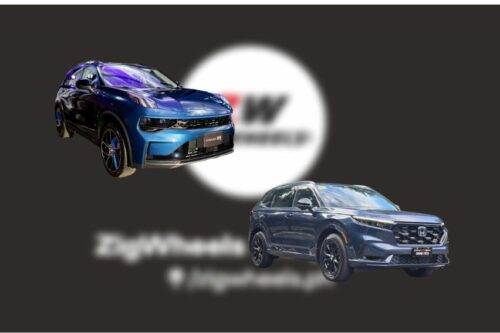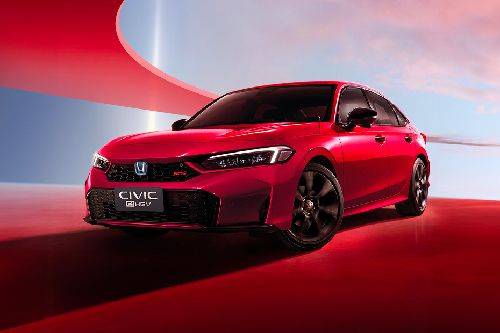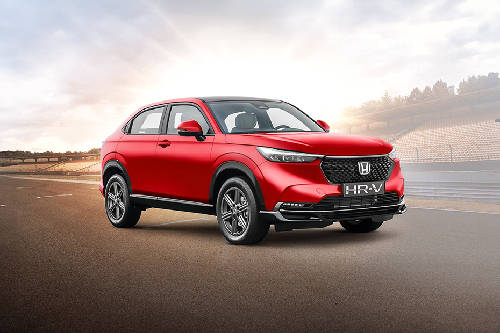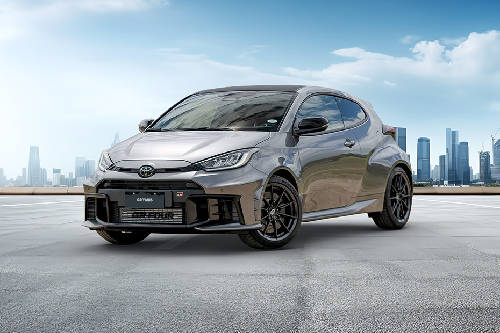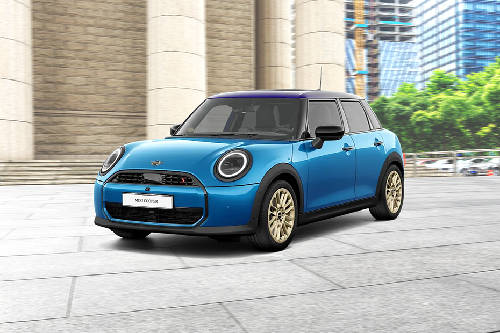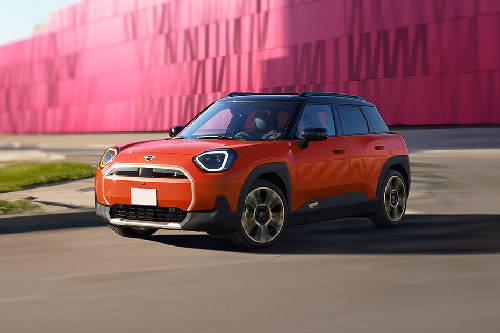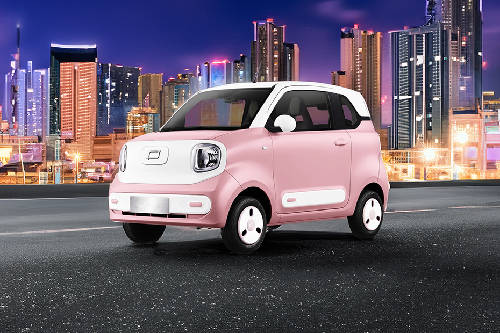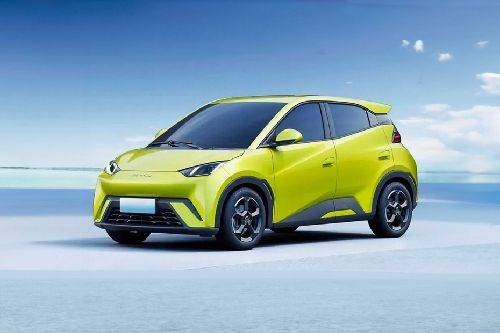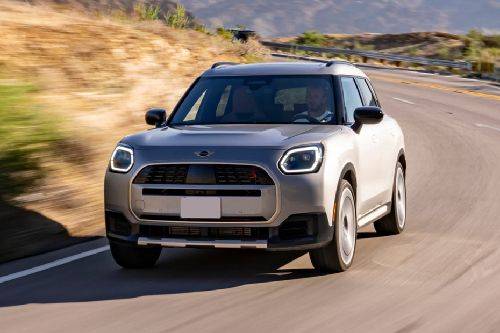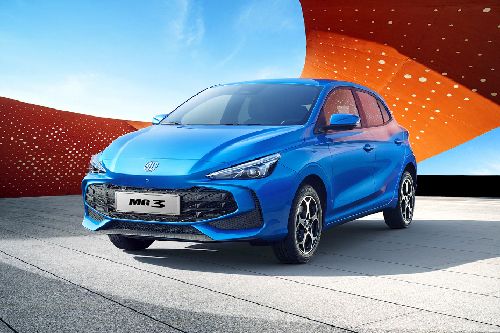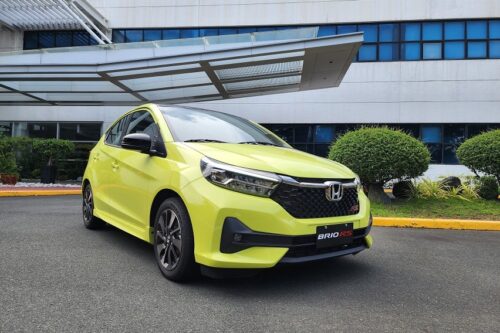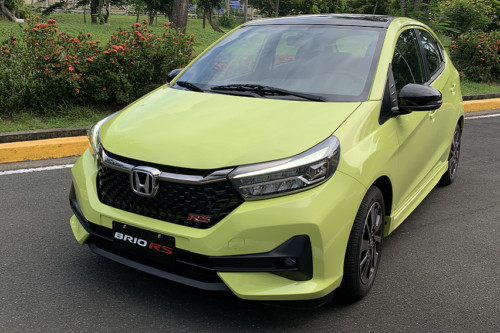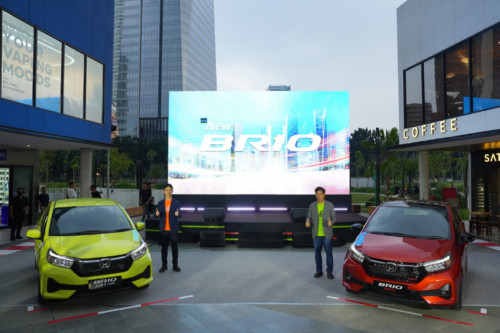Honda Brio – Top features
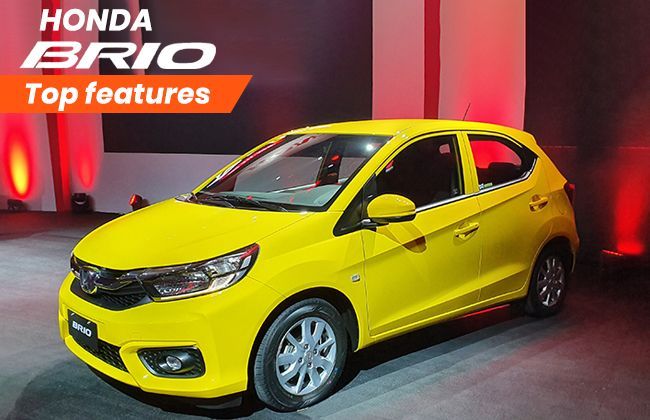
Honda Brio is still fairly new to the market. Yet within six years since its first-generation launched, the subcompact hatchback succeeded where Honda Jazz failed. Brio managed to break into the economy car segment with a starting price under Php 600,000. It’s not the cheapest, but where this city car lacks it makes up for with stand-out features that make it an attractive option.
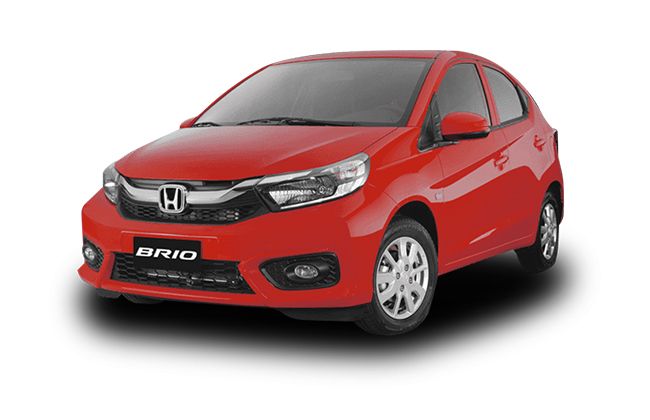
Let’s take a closer look at the top features of Honda Brio -
1. Spacious and comfy cabin
Don’t be deceived by its short height and smaller-than-average wheelbase. Dimensionally, the new Brio is longer and wider than most its rivals, while measuring up to its toughest competitor – the Mitsubishi Mirage. Even though it has the same wheelbase as Kia Picanto, there is an obvious difference in space.

Honda Brio allows rear passengers to stretch their legs a bit without having their knees touch the back of the front seats. For comparison, the Picanto doesn’t have enough space for you to stretch those tired legs. Brio also provides more headspace, making it ideal for taller passengers. Its backseats have adequate room to fit two medium-built adults and one child. Each rear passenger gets a headrest, but only those closest to the sides have cushioned seats.
The range-topping Honda Brio RS feels less cramped for the driver and front passenger now that the bucket-style seats are gone. Instead, there are standard seats in their place complete with larger cushions and better back support. The front seats also get adjustable headrests, which isn’t something you would see on Suzuki Celerio and Toyota Wigo as both have fixed headrests.
2. Great cargo space
The old Brio simply wasn’t practical in this department. Whereas most hatchbacks offer at least 250 liters of cargo space, the outgoing model only had 175 liters. But that was before, because the latest model gives you at least 258 liters with the rear seats up. Fold them down and you’ll have 710 liters which is nearly three times more space.
It’s not the best-in-class. However, it’s better than Suzuki Celerio which leaves plenty of unusable space even after the rear seats are folded, or the Toyota Wigo with its estimated maximum trunk capacity of 422 liters. Even if the rear seats are in use, Honda Brio has ample space to fit one week’s worth of travel luggage for an entire family.
3. Premium-looking interior
In a segment ridden with low-cost materials, Honda’s entry-level hatchback doesn’t look or feel cheap on the inside. It has nothing to do with the material, as Brio uses hard plastics and fabrics much like any other vehicle in its class. However, there is a certain degree of refinement in the way its interior was designed.
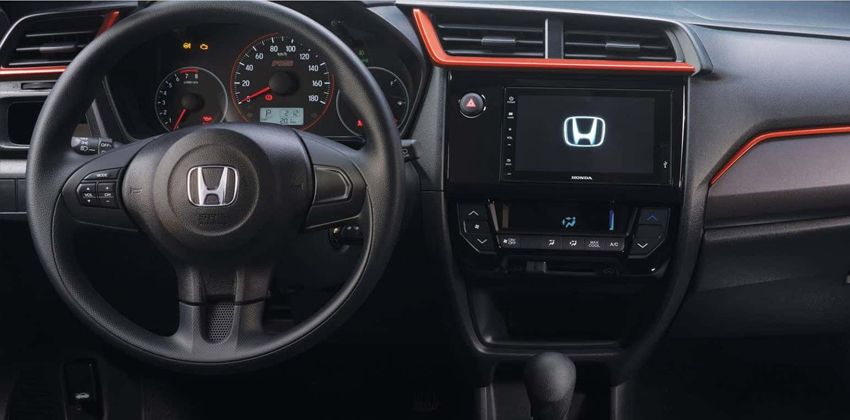
The plastics inside Honda Brio have a nice texture and finish compared to Mitsubishi Mirage and Toyota Wigo. Up front, there’s a sleeker trapezoidal dashboard – an element inspired no doubt by the Honda Mobilio.
The overreaching instrument panel is replaced with a standard panel, which we couldn’t be any happier about as the old one made it difficult to view readings from certain angles. The awkward glovebox was also restyled.
Naturally, the top-spec model gets a more stylish interior. It features orange trims on the dashboard and side doors which look great against the dark panels. The grey upholstery also gets complimentary orange details on the cushioning, as well as contrasting stitching to complete the sporty look.
4. High-end specs at a low price
The new Brio specs sheet punches above its class. Even if you went with the base S variant, you will get some top-range specs typically found in higher trims or more expensive cars – all for under Php 600,000. These features include:
- Digital display A/C system
- 12V accessory socket
- Power windows with auto up/down
- Power door locks
- Power-folding side mirrors
- Speed-sensing door locks
Variants above the base trim get a 7-inch infotainment system, although this only means it’s on the same playing field as its competitors. What places it above the rest is the 6-speaker setup available on the RS trim.
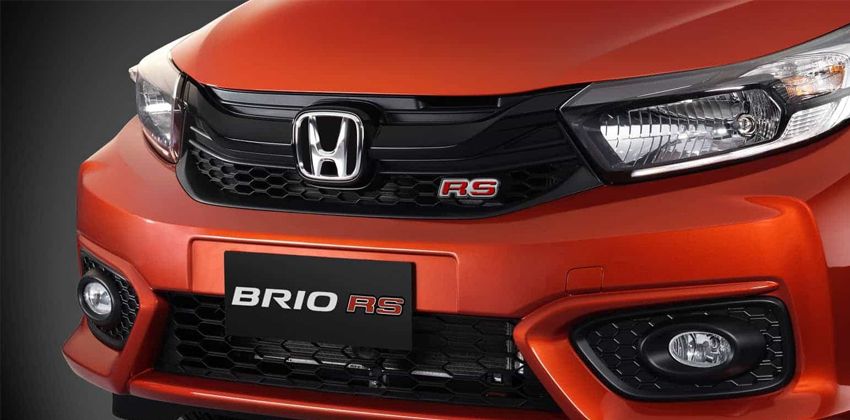
5. Class-leading performance
The smaller engine inside the new Honda Brio is a let-down for many. In spite of the downgrade, it continues to lead the A-segment in terms of performance. Hatchbacks that are currently available in the Philippines usually put out 65 horsepower at most. Mitsubishi Mirage and Kia Picanto may be ahead of its rivals, but Brio takes the crown as the top performer.
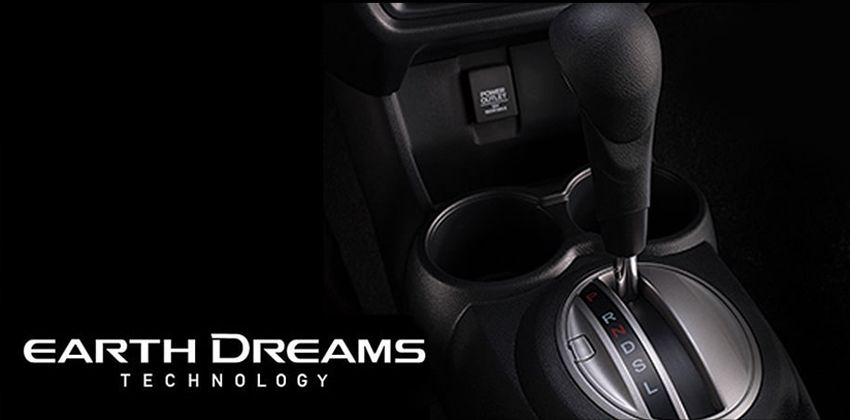
Here are the Honda Brio performance specs compared to its competitors:
| Specs | Honda Brio | Mitsubishi Mirage | Toyota Wigo | Kia Picanto | Suzuki Celerio |
| Engine | 1.2L SOHC in-line 4-cylinder 16V i-VTEC | 1.2L DOHC in-line 3-cylinder 12V MIVEC | 1.0L DOHC in-line 3-cylinder 12V | 1.2L KAPPA in-line 4-cylinder 16V | 1.0L DOHC in-line 3-cylinder 12V |
| Fuel type | Gasoline | Gasoline | Gasoline | Gasoline | Gasoline |
| Maximum power output | 89 hp at 6000 rpm | 78 hp at 6000 rpm | 64 hp at 6000 rpm | 84 hp at 6000 rpm | 67 hp at 6000 rpm |
6. Continuous Variable Transmission
Unlike Kia Picanto and Toyota Wigo which limit you to manual and automatic transmission, Honda is offering continuous variable transmission with the Brio. It’s also worth mentioning that while Mitsubishi Mirage has CVT for its range-topper, you can get this feature at a lower cost with both the mid-range and high-end trims of Honda Brio.
CVT is a type of automatic transmission that enables a vehicle to seamlessly shift between gears. This, in turn, allows for smoother drives that even climbing uphill seems like a pinch. Continuous variable transmission also maximizes fuel economy. The fact that Honda can offer these advantages at a lower price point makes Brio a good bargain.
7. Competitive fuel efficiency
With an average fuel economy ranging between 14 and 20 kmpl, Honda Brio is just about as efficient as Mirage and Celerio. Brio owes its fuel efficiency to numerous factors. These include Honda’s Earth Dreams Technology, the CVT transmission on higher trims, and the new aerodynamic exterior.
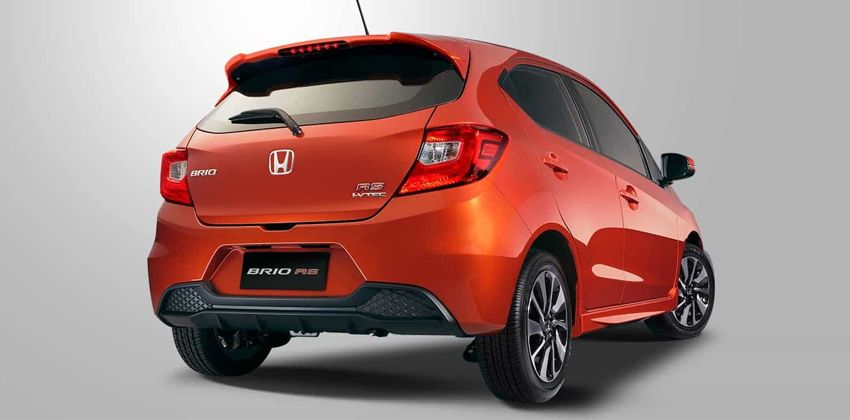
8. G-Force Control
G-Force Control isn’t new technology. But for Honda to include it in the Brio says a lot about their dedication to ensuring passenger safety. G-Con is an anti-collision technology that is integrated into the body structure of the hatchback, although the same technology can be found in other Honda vehicles.
It’s designed to reduce impact in the event of a collision, thereby reducing the risk for serious injuries among passengers. Combined with other safety specs, you won’t feel like you’re skimping just because it’s an affordable car.
Is Honda Brio worth its price? Given the above-mentioned features, we definitely think so. It’s the best-value option in the economy car segment with a balance of style, safety, performance, and practicality at a price that is just right.
Also Read: Honda Brio – Hits and misses
Sell your car at the best price
 Verified and genuine buyers
Verified and genuine buyers
-
Explore Honda Brio
Honda Car Models
Don't Miss
Trending & Fresh Updates
- Latest
- Popular
You might also be interested in
- News
- Featured Stories
Honda Featured Cars
- Latest
- Upcoming
- Popular
Compare & Recommended
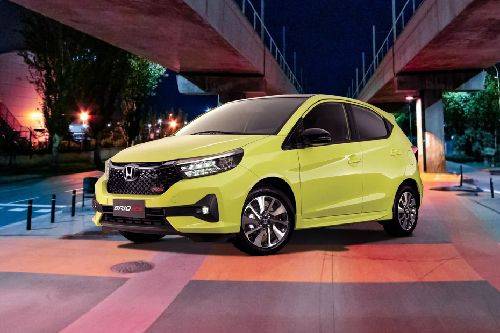
|
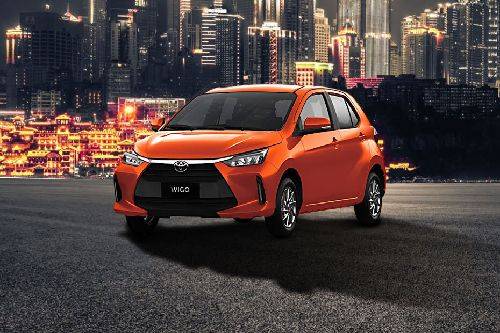
|
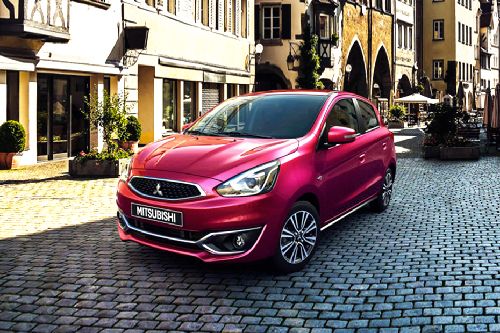
|
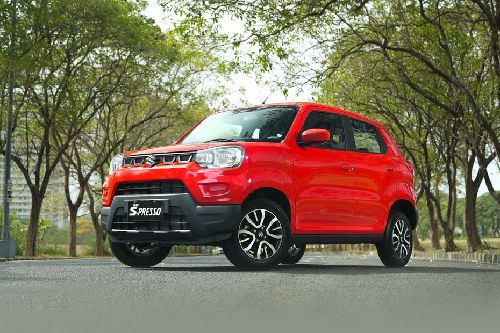
|
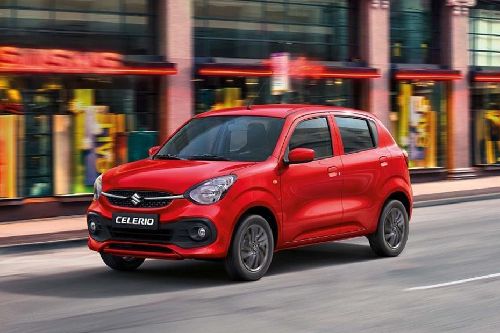
|
|
Ground Clearance
137 mm
|
160 mm
|
160 mm
|
180 mm
|
170 mm
|
|
Fuel Type
Gasoline
|
Gasoline
|
Gasoline
|
Gasoline
|
Gasoline
|
|
Engine
1199
|
998
|
1193
|
998
|
998
|
|
Power
89
|
65
|
76
|
66
|
66
|
|
Torque
110 Nm
|
89 Nm
|
100 Nm
|
89 Nm
|
89 Nm
|
|
Transmission Type
Manual
|
Manual
|
Manual
|
Manual
|
Manual
|
|
Wheel Size
R14
|
R14
|
R15
|
R14
|
-
|
|
|
Trending Hatchback
- Latest
- Popular
Honda Brio Car Articles From Carmudi
- journal

